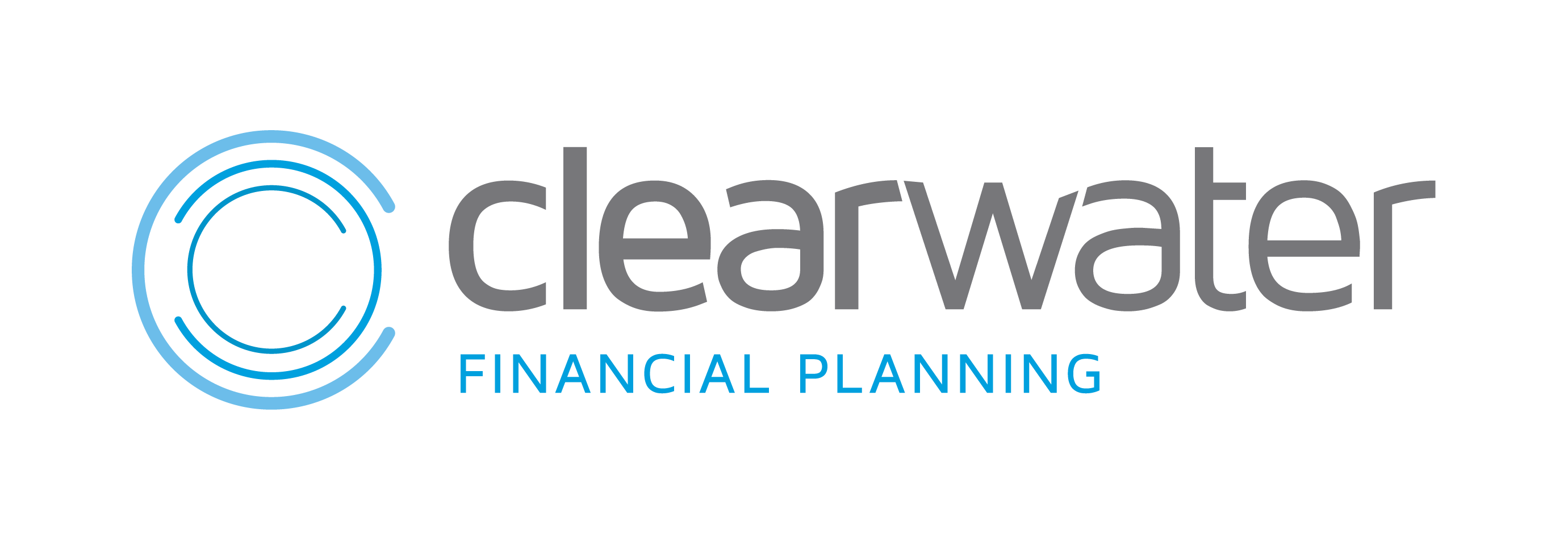- call us now! 01548 856096
Exploring Tax-efficient Saving Strategies for UK High Earners
Mar 03, 2025
Generating wealth is often easier than retaining and managing it. Without attention, tax can be a significant factor in eroding your wealth.
Having a robust tax strategy is just as vital as having a comprehensive investment one, particularly when the top income tax rate is set at 45% – as is currently the case in the UK.
There are ways high earners can lessen the impact of tax on wealth. Naturally, your own set of circumstances will determine which solutions are most suitable for you.
How do high income earners reduce taxes in the UK?
The ways in which you can minimise taxes as a high earner in the UK include:
• Maintaining your income tax allowance
• Using applicable marriage tax allowances
• Making use of your personal savings allowance
• Utilising Individual Savings Account (ISA) contributions
• Weighing up the dividends allowance
• Utilising annual pension contributions
• Understanding the capital gains tax (CGT) allowance
• Maximising the advantages of Enterprise Investment Scheme (EIS) investments
• Making best use of Seed Enterprise Investment Scheme (SEIS) investments
• Exploring Venture Capital Trust (VCT) investments
What is the most tax-efficient investment in the UK?
All the above routes for being tax-efficient are worth exploring. If we had to name one method, we would probably say ‘ISAs’ – they are certainly one of the simplest ways – but there is no doubt that to be truly tax-efficient, you need to take a holistic look at every aspect of your wealth – allowances, savings and investments and pensions.
It comes back to your own individual circumstances – your current financial standing and ambitions.
That’s why a tailored wealth management strategy is crucial. It ensures that no aspect is neglected, and it’s regularly reviewed as your life stages and goals change – whether you’re moving, having children, retiring, or anything else.
What is the best investment for a high tax bracket?
Typically, we begin by looking at ISAs, pensions then VCTs. If you are a higher rate taxpayer:
ISAs
ISAs can be very beneficial. Every year, you are able to invest a sizeable sum into ISAs, tax free. At the time of writing, with a Stocks and Shares ISA, capital gains or dividends produced are tax free. This aids long-term growth.
Pensions
You’ll receive tax relief on your pension contributions at their usual rate.
If you have a significant disposable income, pension contributions can help you grow your wealth, defer tax payments and possibly even reduce your tax liability when you retire.
VCTs
You’re probably more likely to consider high-risk, high-rewards investments, including government-backed schemes such as VCTs. These provide income tax relief, capital gains tax deferral and the possibility of lessening inheritance tax.
You can invest up to £200,000 annually, with 30% income tax relief and tax-free dividends.
How to avoid tax traps for high earners
In addition to exploring the options for reducing tax, there are other things you can do to avoid tax traps, including:
• Make charitable donations
• Plan the timing of your income, if possible
• Seek professional advice
Get in touch to talk through your individual situation and find out how we can help you and your finances be more tax-efficient.
Seed Enterprise Investment Scheme (SEIS) investments Venture Capital Trusts (VCT) Enterprise Investment Schemes (EIS) invest in assets that are high risk and can be difficult to sell such as shares in unlisted companies. The value of the investment and the income from it can fall as well as rise and investors may not get back what they originally invested, even taking into account the tax benefits.
For ISA's Investors do not pay any personal tax on income or gains, but ISAs may pay unrecoverable tax on income from stocks and shares received by the ISA managers.
Tax treatment varies according to individual circumstances and is subject to change.
Stocks and Shares ISAs invest in Corporate bonds; stocks and shares and other assets that fluctuate in value.
The value of pensions and the income they produce can fall as well as rise. You may get back less than you invested



